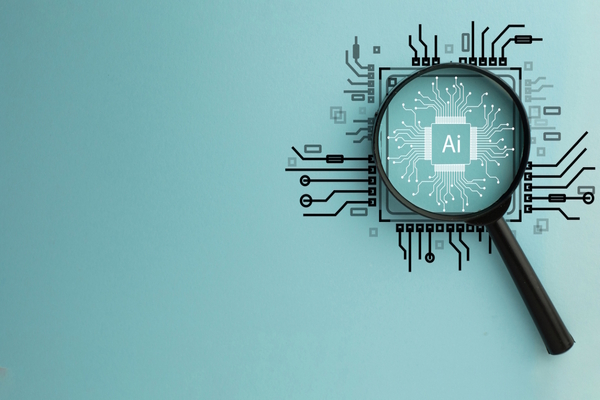AI Talk: AI at scale in healthcare - unlocking value and delivering efficiencies
On 13 November 2025, AI Talk host Kevin Craine was joined by Dr Anjum Ahmed, Chief Medical Officer | Global Director Enterprise Imaging & AI, Agfa HealthCare; Ravi Bhardwaj Annamraju, Sr Director Product Management Oncology & Neurology, GE HealthCare; and Rahul Sharma, Principal Architect, NetApp.
Views on news
Google had told employees who want health benefits in the new enrolment cycle that they must allow an AI tool from Nayya to access their personal data, or else they wouldn’t be eligible for benefits for the coming year.
The move rankled some staff who raised concerns about sharing personal data with the service. After Business Insider reported on the guidelines and backlash, Google updated its internal policy to tell employees that they can choose not to opt-in and will still be eligible for benefits.
If healthtech providers want a bigger population of patients to allow the use of their personal data, data protection must be at the heart of their operation. The benefits of opting-in must also be clear for those who are considering joining. There are three important aspects to building trust – the preservation of clinical autonomy, explainability and the purposeful use of data. Submitting personal data, however, is a prerequisite to the personalisation of services.
The efficiencies that gen AI can provide in healthcare
AI is already improving the customer experience in healthcare in areas such as making medical appointments or radiology diagnostics, where the key to trust and adoption is good quality data. 80 per cent of the more than one thousand FDA cleared algorithms in imaging is used in radiology, where gen AI specifically can help with automated report writing.
Triage and workflow orchestration are other key areas. AI can also provide context by linking imaging with lab results or a patient’s electronic health record. It can improve diagnostic quality, provide protocol guidance and support to physicians and radiologists. AI has the power to change how patients engage with their own health records too through generating patient-friendly summaries of lab results and diagnostic testing.
AI can help doctors manage the complexities of diagnostics that they may not be able to process relying on heir own resources. With their assistance, patients make more informed decisions about their treatments, particularly when they need to decide about procedures that deviate from the standard of care.
Healthtech typically builds solutions for a global audience, which can be adjusted to various geographic regions through modularity and policy abstraction specific to individual jurisdictions. To complicate things further, the same algorithm can be compliant for a different number of use cases in the US and in Europe. Reproducibility of data across different populations is also essential.
The panel’s advice
- Find the tools that can help you anonymise your data set for gen AI use to remain compliant.
- Ensure you have in-built data management capabilities within the data you store. Data compliance and security must be an integral part of the platform.
- Understand the limitations of gen AI and draw a line between where you can use it and where you can’t and cite sources that the algorithm is based on.
- The aspect that usually thwarts AI projects in healthcare is metadata.

Business Reporter Team
Most Viewed
Winston House, 3rd Floor, Units 306-309, 2-4 Dollis Park, London, N3 1HF
23-29 Hendon Lane, London, N3 1RT
020 8349 4363
© 2025, Lyonsdown Limited. Business Reporter® is a registered trademark of Lyonsdown Ltd. VAT registration number: 830519543





